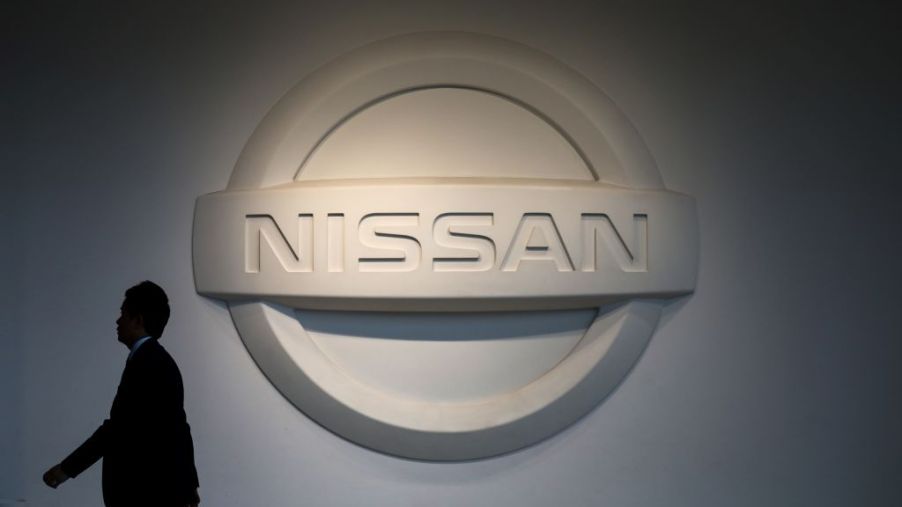
Bad News for Nissan as the Company Has to Layoff at Least 10,000
Nissan, Japan’s second largest automaker, has announced plans to slash at least 10,000 jobs. Attempting to drive recovery, improve company performance, and raise profits, the cuts are more than double the expected amount, or 7% of Nissan’s global workforce.
The Japanese automaker has seen double-digit sales growth in the recent past. However, for the fiscal year ending March 31, 2019, Nissan reported a 44.6% annual profit decline. The company now predicts a 28% further drop in profits for the current year.
Nissan is struggling to regain its competitive edge after a series of ill-timed corporate decisions, poor sales, and a major corporate scandal.
Chasing numbers
Attempting to boost sales by aggressively discounting prices and lure buyers from rival manufacturers has backfired. In a further push for market share and to stop falling sales in the U.S., one of its largest overseas markets, Nissan began paying higher sales incentives to its dealerships. These moves resulted in a significant profit loss for the automaker at a time when it was flooding the market with vehicles that were not attracting consumers.
A steady decline in sales of passenger sedans and a market already saturated with crossovers and SUVs has taken a toll on Nissan. Sales of its Altima, Sentra, and Maxima sedans, and its Rogue and Murano crossovers plunged by double digits the first quarter of 2019. The drop lowered the company’s monthly sales by nearly 12% from a year ago.
In North America, Nissan has been engaged in a long-running price war with competing manufacturers. Part of its comeback strategy includes plans to concentrate on producing new technically advanced models. According to Nissan’s audit chairman Motoo Nagai, deteriorating performance in the U.S. is a big issue. “For a long time we were concerned with increasing volume. We were chasing numbers. Now it’s time to enhance the brand.”
Global layoffs
Nissan employs about 139,000 global workers, but most job cuts will be outside of Japan’s domestic factories. Targeted production facilities will be those with low utilization rates running below production capacity. According to Forbes, the layoffs are part of Nissan’s broader turnaround plan that corporate executives will announce later this year.
NPR reports that plant workers will be the hardest hit. Nissan’s four U.S. assembly plants employ 15,700 workers in Mississippi and Tennessee. The company has announced its decision to cut more than 1,420 U.S. jobs over the next year. Nissan is offering buyouts to some executive employees. 381 contract workers were laid off last March.
In the United Kingdom, Nissan employs 7,000 workers at its massive Sunderland, England facility. In an unexpected blow to employees, the company has reversed its plans to build the new X-Trail SUV at the site, opting to keep production of the new SUV in Japan. Sunderland workers will continue to manufacture the next edition of Qashqai.
Other significant job cuts will take place at Nissan’s facilities in Spain, Indonesia, India, Brazil, and Mexico.
Turmoil at the top of Nissan
Last year, Carlos Ghosn was ousted as Nissan’s long-term CEO and arrested in Japan. He has been charged with fraud, embezzlement, and misuse of corporate funds. Ghosn was widely known for his ruthless cost-slashing methods of layoffs and factory closings. Under Ghosn’s management, Nissan quickly surpassed Honda to become Japan’s number two automaker.
Current Nissan CEO Hiroto Saikawa has been tasked with improving company performance, made more difficult by the fact that automakers are struggling worldwide. The company cites concerns over tariffs, Brexit uncertainty, an increase in mandatory emissions standards, and the U.S.-China trade war. “Our situation now is extremely severe,” said Saikawa. “Our stance to lead the industry is unchanging.”


